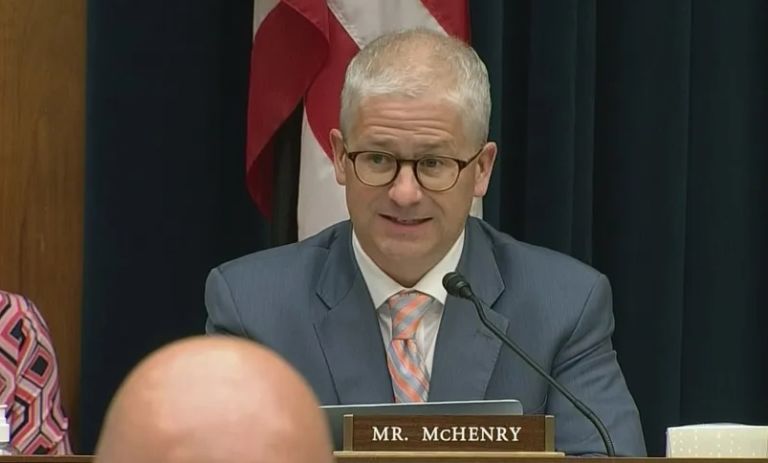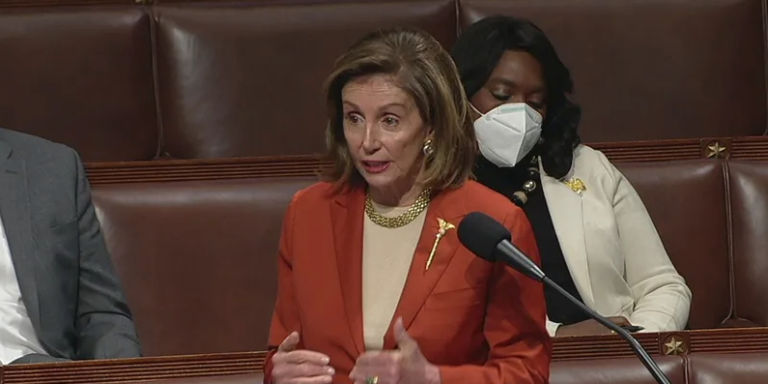Andrew Stuttaford of National Review Online ponders a terrible idea on Capitol Hill.
Vampires are — so the stories go — extremely difficult to kill, and so it’s somehow appropriate that the same is true, but in reality, of predatory tax proposals.
The Wall Street Journal:
“President Biden expressed support for a proposal under consideration in the Senate to place an annual income tax on billionaires’ unrealized capital gains.
“The potential tax increase, being pursued by Senate Finance Chairman Ron Wyden (D., Ore.), would be among a number of tax provisions that Mr. Biden is seeking to pay for a proposed $3.5 trillion spending plan that encapsulates much of his first-term agenda. It is an alternative to some administration tax ideas that have flopped in Congress, and it would generate money from the wealthiest sliver of Americans, whose incomes can be a fraction of their wealth.”
It is not unknown for a tax to begin life by being levied on “the wealthiest sliver of Americans,” but, over time, for it to catch more and more people in its web. As I wrote in March in response to a wealth tax proposed by (surprise!) Elizabeth Warren:
When a “permanent” income tax was introduced after the passing of the 16th Amendment, there were not many victims, and they didn’t suffer much. Less than 1 percent of the population paid income taxes at the rate of only 1 percent of net income. I understand that changed.
Back to the WSJ:
The idea is that for billionaires only, annual gains in wealth would be treated as income. So under current law, someone whose net worth rose to $22 billion from $20 billion and sold nothing would have no income. Under Mr. Wyden’s proposal, that person would have $2 billion of taxable income. …
… So the first hint of the future extension of such a tax is already there. The Wyden proposal affects a “few hundred” people, but the Biden administration contains two academics (it’s always worth remembering that class warfare is primarily managed from within the elite) who had already proposed something similar for the top 0.1 percent of households, still a tiny number, but the ratchet has to start somewhere.


